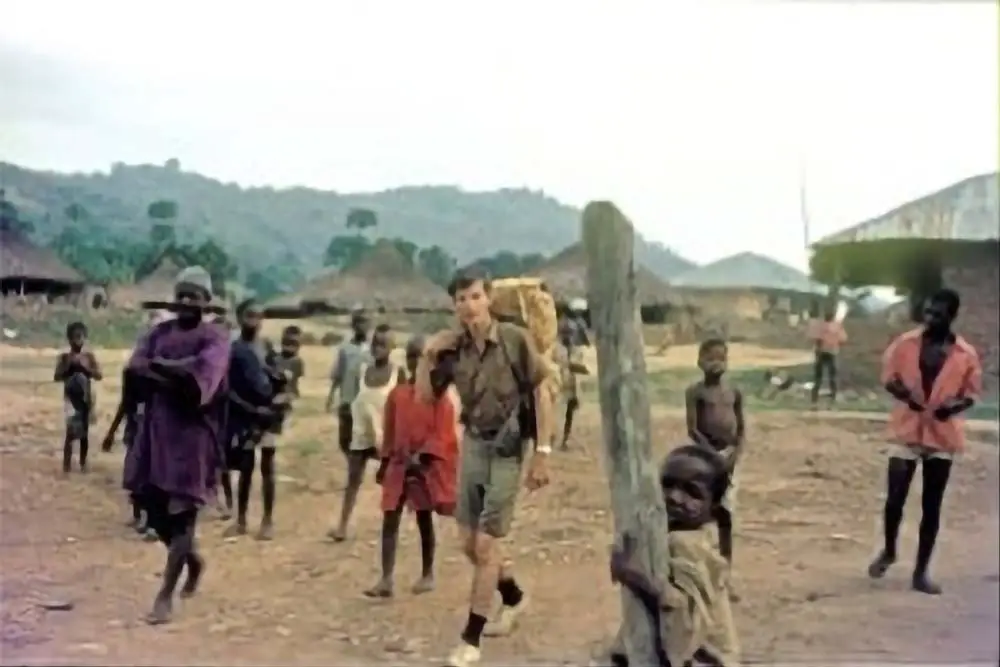
Keeping the Bees
“Getting stung is just part of it,” he quipped. But in the grand scheme of things, a sour sting now and then is well worth the sweet results Lloyd Ziegler of Mannford, Oklahoma, sees by volunteering his time as a beekeeping consultant in Africa. As in many cases for entrepreneurial pursuits, this is a hobby turned profession that Ziegler became interested in during his time in the Peace Corp while in Sierra Leone in 1969.
U.S Aid has become interested in the prospect of helping people in the rural areas by teaching them a method to turn the vast amounts of honey produced in those areas into a commodity that can improve their or even provide partial financial stability Ziegler explained. He went on to say that one village can have as many as 100 beehives and those hives produce so much honey that the villagers don’t know what to do with it. In short, many areas are potentially affluent with a product commodity but do not have the infrastructure and knowledge to harvest and market the commodity.
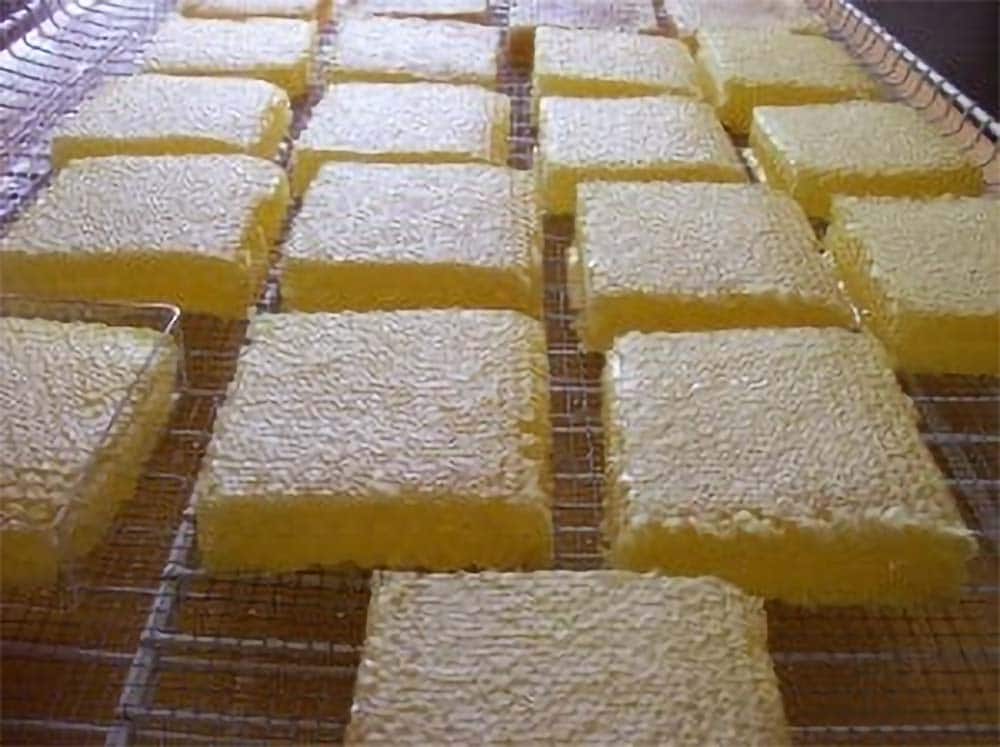
As a beekeeper with over 40 years of experience and the successful business owner of Ace Bee & Wasp, Control, Ziegler is able to teach people the methods necessary to turn their liquid gold into the sweet nectar of potential profit. Teaching others is another skill set he possesses as a former math teacher.
To give one the idea of how badly people need guidance in their quest to harvest the potentials of beekeeping, Ziegler said that when he first began going to Africa, the villagers were working with the African killer bees without any protection whatsoever. They were working the hives at night in nothing but their underwear.
“When I first saw them doing this, I thought to myself; people aren’t beekeepers, they are warriors!” He followed this with a laugh, but one can certainly see from this image the desperate need people have for guidance. He explained that these beekeepers would get stung multiple times, and when they finished collecting the honey, their wives would bathe them and pull the stingers out for them. This was a way of life for people, he said. Another downfall to the method of harvesting the honey in this manner is the fact that the bees would have to be killed. As terrible as this is, the people had no other choice since they did not have protective gear, he said.
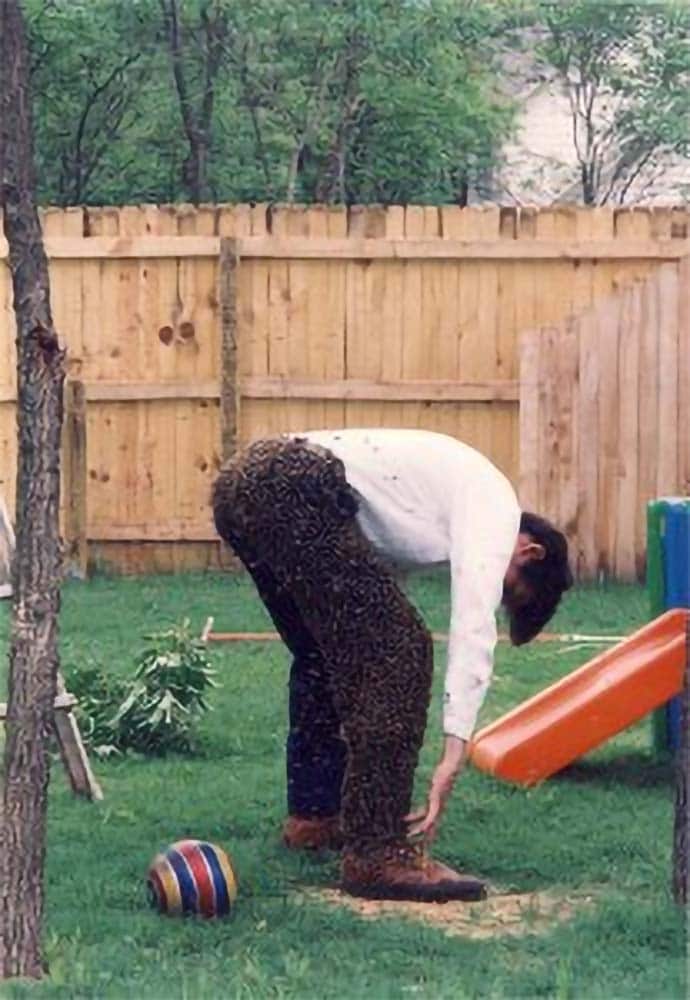
By teaching them to harvest with protective gear technology, Ziegler is slowly being able to protect both the villagers and the environment by saving the bees. However, for every solution, there seem to be two new problems, as any business owner can attest. Although Ziegler has been able to help increase production, marketing and packaging present a whole new set of challenges.
In some areas, the availability of packaging products is not even available, and villagers procure used water bottles to place the honey for sale. This is not a viable or safe option to market on a large scale and one of the aspects that Ziegler is hoping to improve through his involvement with U.S. Aid. He hopes to continue being a problem solver for people and give them new hope to taste the sweet rewards within their golden opportunity.
He was honored with the Oklahoma Beekeeper of the Year award in 2012 and uses his 40 hives near Mannford to produce products such as pollen, beeswax, propolis, and various value-added products such as propolis tincture and skin balms in addition to honey.
Uniquelahoma

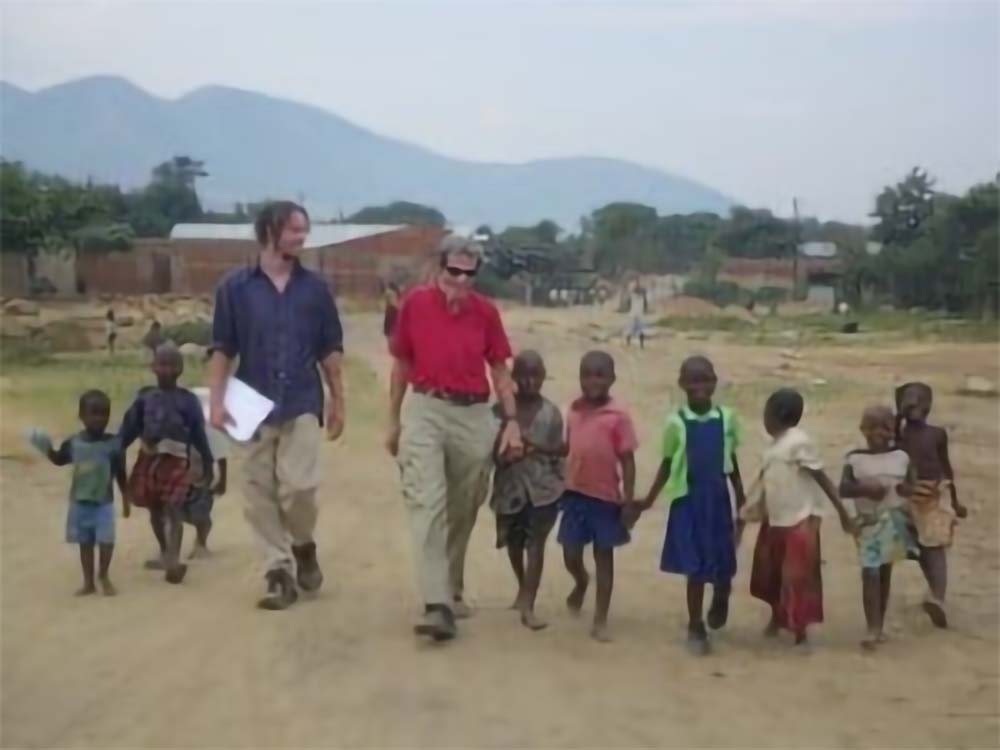

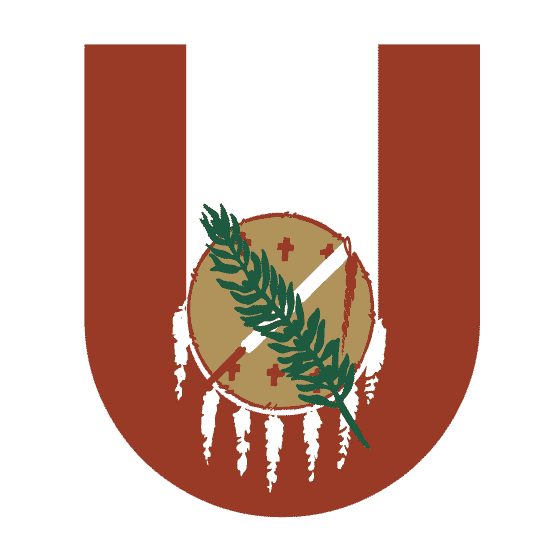
0 Comments